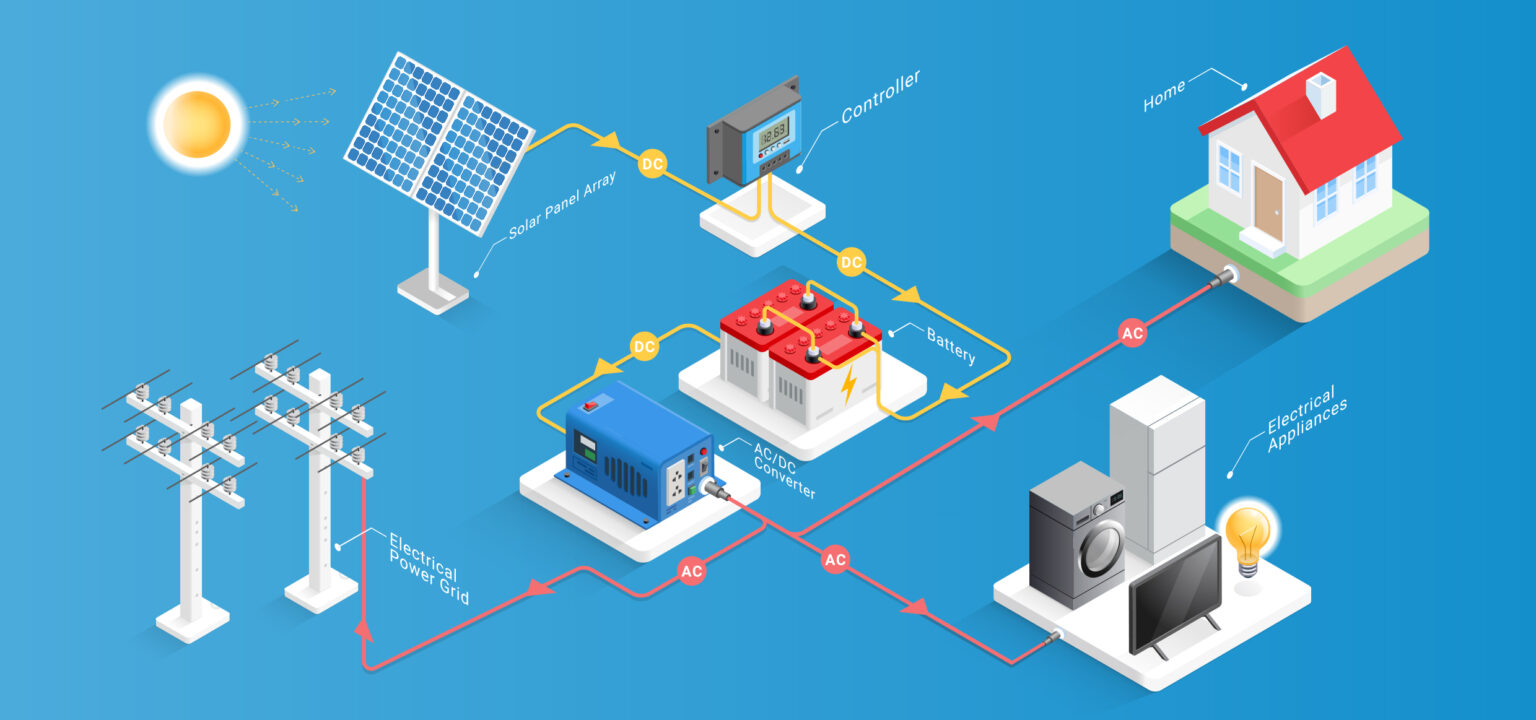The demand for efficient, long-lasting, and sustainable energy storage systems has grown rapidly in recent years. Among the various technologies available, the LiFePO4 battery—short for lithium iron phosphate—has become one of the most trusted and widely used solutions. Known for its stability, safety, and impressive lifespan, the LiFePO4 battery is now a key component in renewable energy systems, electric mobility, and industrial power applications.
What Is a LiFePO4 Battery?
A LiFePO4 battery is a type of lithium-ion battery that uses lithium iron phosphate as its cathode material. This chemistry offers several benefits over other lithium-ion variants, such as lithium cobalt oxide or lithium manganese oxide. The iron-phosphate bond is exceptionally stable, which makes the battery more resistant to overheating and reduces the risk of combustion. As a result, LiFePO4 batteries are widely regarded as one of the safest energy storage options available.
The structure of a LiFePO4 battery also provides strong thermal and chemical stability. It can withstand higher temperatures without performance degradation, making it suitable for both indoor and outdoor use. This reliability has led to its adoption across sectors that demand consistent and secure energy, including solar storage, marine systems, and telecommunications.
Longevity and Efficiency
One of the most significant advantages of the LiFePO4 battery is its extended lifespan. Traditional lead-acid batteries typically last between 300 and 500 cycles, while LiFePO4 batteries often exceed 3,000 to 5,000 cycles, depending on usage and maintenance. This durability makes them an ideal long-term investment for energy systems that require frequent charging and discharging.
Efficiency is another major strength. LiFePO4 batteries have a higher charge and discharge efficiency—often around 95% or more—allowing users to get the most energy output from each charge. This makes them particularly effective for solar and off-grid energy systems where maximizing available energy is crucial.
Safety and Environmental Impact
Safety is a defining feature of the LiFePO4 battery. Unlike other lithium chemistries that can be unstable under certain conditions, LiFePO4 batteries have a low risk of overheating or explosion. Their strong thermal stability and resistance to thermal runaway make them suitable for use in homes, vehicles, and industrial environments.
From an environmental standpoint, LiFePO4 batteries are a cleaner alternative to many other energy storage technologies. They do not contain harmful heavy metals such as cobalt or nickel, which are often associated with toxic waste and unethical mining practices. The use of abundant and non-toxic materials like iron and phosphate makes LiFePO4 a more sustainable option. Additionally, the long cycle life reduces waste by minimizing the frequency of battery replacement and disposal.
Applications of LiFePO4 Batteries
The versatility of the LiFePO4 battery allows it to be used across a wide range of industries and applications:
- Solar Energy Storage: Commonly used in residential and commercial solar systems to store electricity for nighttime or backup use.
- Electric Vehicles and Mobility: Powering electric cars, bikes, scooters, and golf carts with safe and reliable performance.
- Marine and RV Systems: Providing dependable power for boats, caravans, and off-grid setups.
- Telecommunications and Data Centers: Ensuring uninterrupted power supply for critical systems and communication networks.
- Industrial Equipment: Supporting automation systems, backup generators, and heavy-duty tools.
This adaptability has made LiFePO4 batteries an essential part of modern power systems.
The Future of Energy Storage
As renewable energy adoption and electrification continue to accelerate, the LiFePO4 battery is expected to play a crucial role in building a sustainable energy future. Advances in manufacturing have made these batteries more affordable and accessible, while ongoing research is improving their energy density and charging capabilities. Their combination of safety, longevity, and environmental responsibility ensures that LiFePO4 technology will remain a cornerstone of modern energy storage for years to come.
In conclusion, the LiFePO4 battery offers a practical balance of safety, efficiency, and durability. Whether used for home solar systems, electric transport, or industrial backup power, its reliability makes it a smart and future-ready energy solution. As technology progresses, LiFePO4 batteries will continue to define the next generation of clean, dependable, and sustainable power.
















